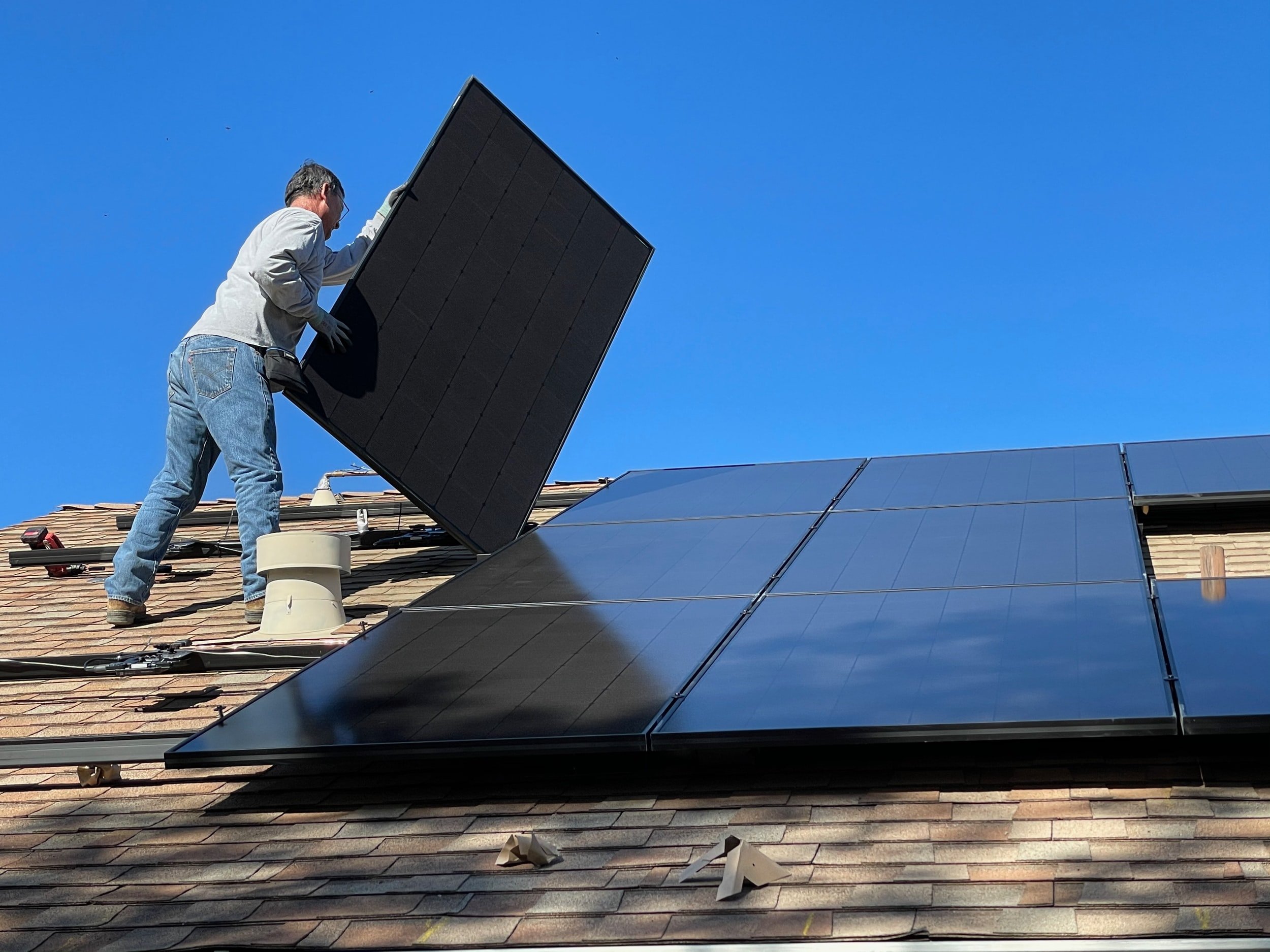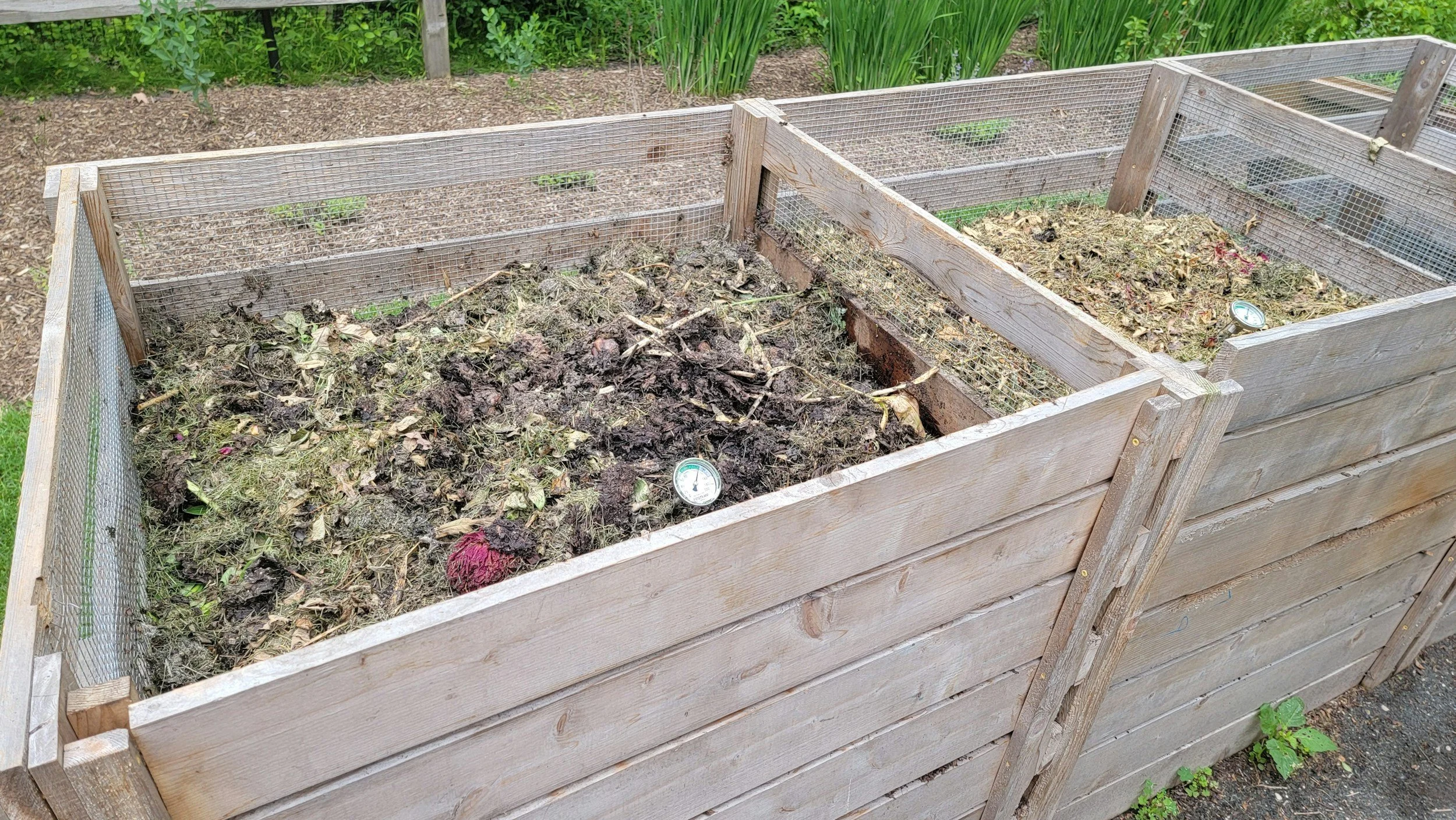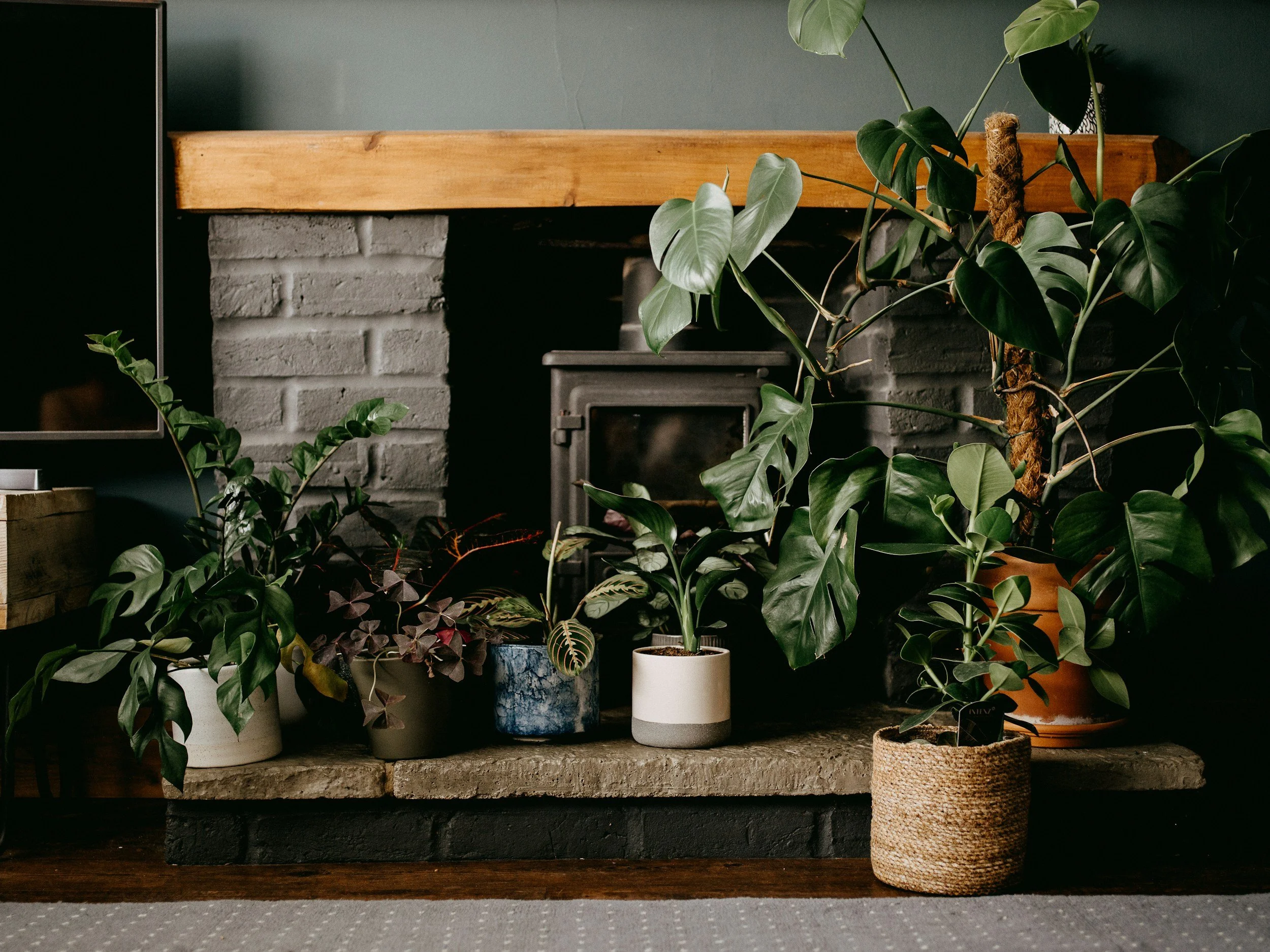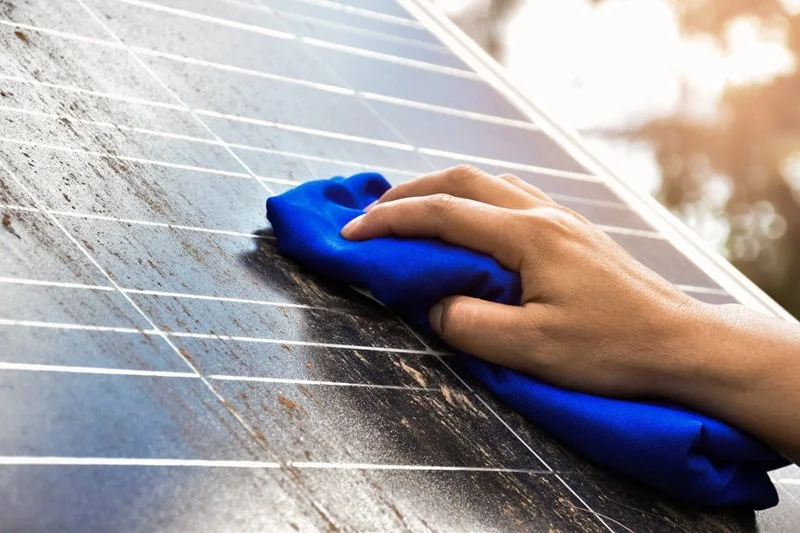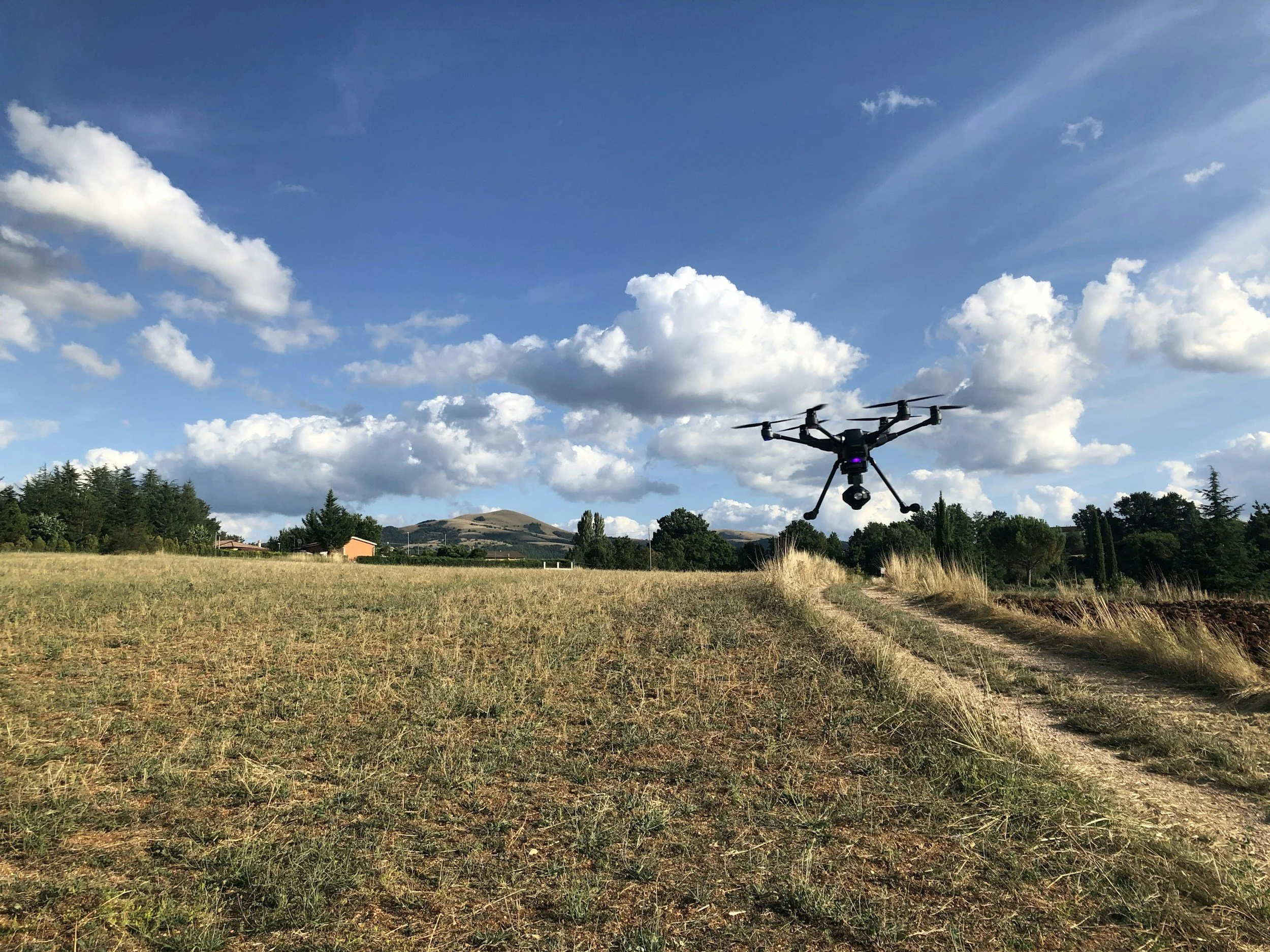Will Solar Panels Work Where You Live? That Depends
/
Guest post by John Dawkins
Solar panels are becoming more and more popular as people look for ways to reduce their energy costs. They are efficient and renewable sources of energy. Unfortunately, solar panels don't work everywhere. They depend on various factors, including the climate and the availability of sunlight. If you're considering solar panels for your home, the first thing you need to do is find out if they will work well where you live. The following factors will affect whether solar panels are a good option for your home.
Availability of Sunlight
Sunlight is the primary factor determining whether solar panels will work. Solar panels rely on sunlight to generate electricity. The amount of sunlight that hits a particular location varies depending on the year and the weather. In general, solar panels work best in areas that get a lot of consistent sunlight.
Areas that are prone to continuous cloud cover will receive less direct sunlight, and as a result your solar panels will be less effective. Keep in mind that solar panels can still generate electricity on cloudy days. However, they will not be as effective as they are on sunny days. Rainy, foggy, or snowy areas will also have reduced sunlight availability.
Do some research to determine how much sunlight your location gets on average throughout the year. This will help you determine if solar panels will work for you. Keep in mind, the closer you are to the equator, the more direct sunlight you will receive. The sun's rays are more perpendicular to the earth's surface near the equator.
Your Roof Type
Solar panels need to be installed on a south-facing slope to maximize the amount of sunlight they receive. This orientation ensures that the modules are hit by direct sunlight for most of the day. If your roof doesn't have a south-facing slope, solar panels may still work for you. East and west-facing slopes will also receive direct sunlight, though not as much as a south-facing slope.
The roof tilt should be about 30 degrees to maximize the amount of sunlight that hits the solar panels. If your roof is flat, you may still be able to install solar panels. However, you will need to use a unique mounting system to ensure that the panels are tilted at the proper angle.
Additionally, the type of roof you have will affect the ability to have solar panels installed. Solar panels need to be mounted on a solid surface to support their weight. Most solar panels weigh about four pounds per square foot. This means that a 100-square-foot array of solar panels will weigh 400 pounds.
Asphalt shingles, wood shake, and tile roofs are suitable for solar panel installation. Metal roofs can also support solar panels, but special mounting hardware is required. If you have a flat roof, you may need to reinforce it before installing solar panels.
Amount of Space Available
Solar panels occupy a lot of space, especially if you want to generate a significant amount of electricity. A 100-square-foot array of solar panels can generate about 12,000 watts of power. This is enough to power a small home. If you're looking to control your entire home with solar panels, you will need a more extensive array.
The amount of space available on your roof will ultimately determine how many solar panels can be installed. If you have a small shelter, you may only be able to establish a few modules. This will limit the amount of electricity you can generate.
Before investing in solar panels, ensure that you have enough space to install the number of panels you need. Measure your roof and calculate the square footage. It will give you a reasonable estimate of how many panels you are able to fit.
Keep in mind that solar panels need to be installed in an area that receives direct sunlight. If trees or other structures shade your roof, this will reduce the space available for solar panel installation.
Local Climate
Solar panels are designed to withstand extreme weather conditions. However, they may not work as well in some climates. For example, solar panels can be damaged by hail. If you live in an area prone to severe thunderstorms, this could be a problem.
Additionally, solar panels can become covered in snow and ice. This will prevent them from receiving direct sunlight and reduce their effectiveness. If you live in an area with heavy snowfall, you may need to clear your panels periodically to ensure that they are working correctly. Failure to do so could result in a decrease in the amount of electricity you generate.
Check the solar suitability of your area using maps. These maps consider factors such as average sunlight, temperature, and precipitation. They will give you a good idea of whether solar panels will work well in your area. Solar suitability checker devices could also help. They are placed on your roof to determine the effect of extreme climates on solar panel performance.
Energy Requirements
How much do you pay for electricity bills? This will give you an idea of your energy requirements and if solar energy is a viable option. The intention of having solar panels is to save on power bills. As such, it is important to know how much you're currently spending.
Solar is meant to reduce the reliance on utility energy and provide energy independence. Solar panel systems are a long-term investment, and their payback period will depend on the amount of money you save on your power bills. Solar panels will work where you live if they can reduce energy bills.
A solar project is usually a long-term investment, and the break-even point or payback period will vary. The average payback period in the United States is around eight years. This means that it will take years for the solar panels to generate enough electricity to offset the initial cost of installation. However, this period can be shorter or longer depending on the installation cost and the amount of money you save on your power bills.
You can calculate your payback period using solar calculators. These calculators consider the cost of installation, the amount of money you save on your power bills, and the current price of solar panels. They will give you a reasonable estimate of how long it will take for your solar panels to generate enough electricity to offset the cost of installation.
Conclusion
Solar panels can be a great way to save money on your power bills and reduce your reliance on utility companies. However, they cannot work in all areas. Ensure to check the solar suitability of your area and calculate your payback period before investing in solar panels. Doing so will ensure that you get the most out of your investment. Also, seek professional help if you cannot determine whether solar modules can work in your area. Solar experts will guide you through the process and help you make the best decision for your needs.
John Dawkins is a solar expert from Revolution Contractors, a top-of-the-line solar and roofing contracting company based in Orlando, Florida.
Like this? Please pin!




